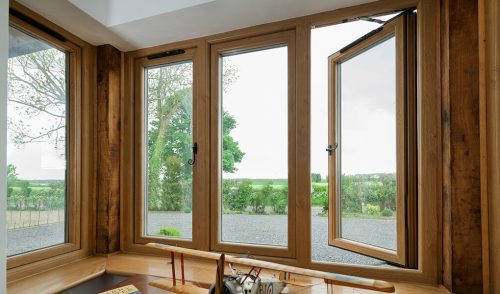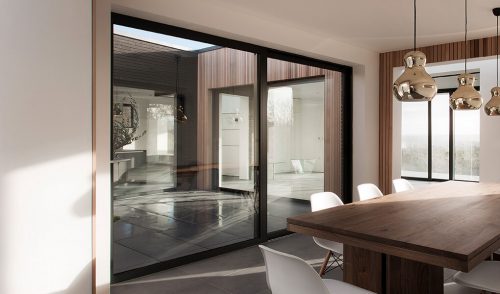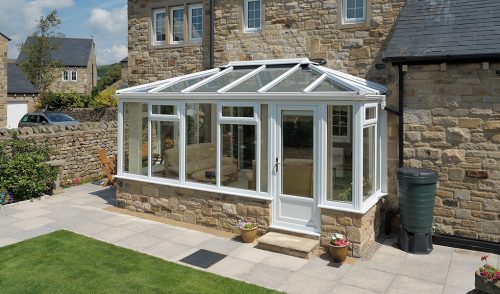Key Findings
- UK building regulations set minimum standards for design, construction and alterations to protect health, safety, accessibility, energy efficiency and sustainability across England and Wales
- Recent updates focus heavily on energy performance, fire safety and carbon emissions reduction, with Part L (Conservation of Fuel and Power) and Part F (Ventilation) seeing significant changes in 2021
- The Building Safety Act 2022 introduced major reforms following the Grenfell Tower fire, establishing the Building Safety Regulator and stricter controls for residential buildings
- Future regulations will likely mandate heat pumps, improved fabric efficiency and stricter air tightness testing as part of the Future Homes Standard from 2025
- Homeowners undertaking building work must obtain building regulations approval either through local authority building control or a registered building control approver
Understanding building regulations in the UK can feel overwhelming, whether you’re a homeowner planning a project or a professional in the construction industry.
These detailed regulations protect occupants, reduce heat loss, improve building safety and tackle climate change through reduced greenhouse gas emissions.
From replacing windows to installing heat pumps, building control approval ensures your work meets current standards.
We’ve put together this guide to help you navigate the building regulations, understand recent changes and prepare for what’s coming next.

What you need to know about current building regulations in the UK
The building regulations represent a comprehensive set of minimum standards governing the design, construction and extension of buildings across England and Wales. Administered through approved documents, these statutory instruments cover everything from structural integrity to fire safety, ventilation, energy efficiency and accessibility.
Building work that affects structure, fire safety or energy performance typically requires building regulations approval. You’ll obtain this through your local authority building control department or via a registered building control approver. Once complete, you’ll receive a completion certificate confirming compliance.
Northern Ireland and Scotland operate separate building standards systems. The Welsh Government also maintains its own variations of certain approved documents.
The Ministry of Housing introduced significant updates to Part L (Conservation of Fuel and Power) and Part F (Ventilation) in June 2021, demanding improved energy consumption standards for both new buildings and renovations. These changes marked a crucial step towards net-zero carbon emissions targets.
The Building Safety Act 2022 represents perhaps the most significant reform in decades. Following the Grenfell Tower fire, the Act established the Building Safety Regulator, introducing stricter oversight for higher-risk residential buildings.
For electrical work, many installations fall under competent person schemes, allowing certified electricians to self-certify compliance. A material change of use, converting a garage to living space, triggers full building regulations requirements.
According to the UK Green Building Council, buildings account for approximately 25% of the UK’s total carbon emissions, highlighting why energy performance has become central to regulatory updates.

Key trends in recent building regulation updates
Three major themes dominate recent changes: energy efficiency, sustainability and enhanced compliance mechanisms.
Energy efficiency and the drive towards net zero
Energy efficiency sits at the heart of current regulatory evolution. The 2021 updates to Part L introduced substantially improved standards for the building envelope, targeting a 31% reduction in carbon emissions for new homes. For existing buildings, the regulations now demand better thermal performance when you replace windows, doors or roofing.
The Standard Assessment Procedure (SAP) measures energy performance, with new builds required to achieve increasingly stringent ratings. Heat pumps, both air source heat pumps and ground source heat pumps, feature prominently, with mandatory consideration of low-carbon heating systems. New residential buildings must also include infrastructure for electric vehicle charge points.
Part F changes address ventilation requirements, recognising that improved air tightness testing must be balanced with adequate fresh air supply. The passage of sound also receives attention in multi-occupancy buildings.
Compliance and building safety
The Building Safety Act fundamentally changed how compliance is monitored. The Building Safety Regulator oversees a more rigorous regime for higher-risk buildings. Initial notices and completion certificates document compliance at key stages.
For homeowners, working with accredited professionals becomes crucial. Whether installing new windows or constructing an extension, choosing installers with appropriate certifications ensures your project meets building regulations guidance.
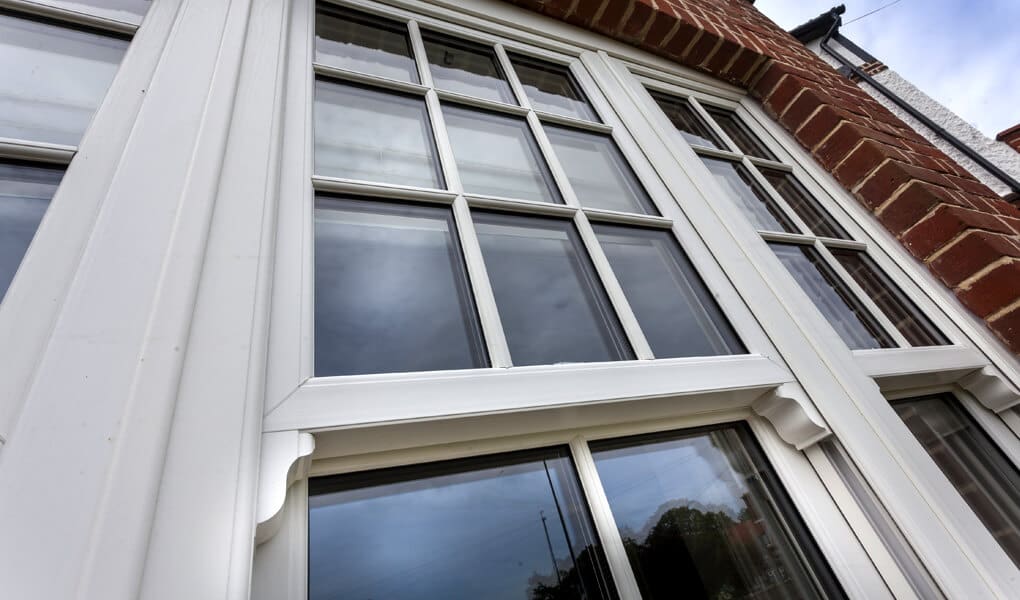
Future predictions: where building regulations are heading
The Future Homes Standard will likely require new homes to produce 75-80% less carbon emissions compared to current standards, effectively mandating low-carbon heating systems whilst eliminating fossil fuel heating from new builds.
Fabric efficiency will become even more critical, with expectations of improved insulation, advanced glazing and minimal heat loss through the building envelope. Triple glazing may become standard for new homes, whilst air tightness testing requirements will likely tighten.
The Secretary of State has signalled intentions to raise minimum standards for rental properties, potentially requiring higher Energy Performance Certificate ratings. Retrofit regulations will probably expand, requiring homeowners undertaking significant renovations to meet near-new-build standards.
Fire safety information requirements will continue evolving, with more detailed documentation required for residential buildings.
Energy efficient home improvement products
Meeting building regulations whilst improving comfort requires carefully selected products. We specialise in thermally efficient windows and doors that satisfy current standards and prepare your home for future requirements.
Windows for compliance and performance
Our range of uPVC windows and aluminium windows delivers exceptional thermal performance, helping reduce heat loss and carbon emissions. With double glazing and triple glazing options, you’ll find solutions that meet Part L requirements whilst complementing your property.
Our window styles include:
– Casement windows: hinged uPVC or aluminium frames that open outwards, providing versatile designs with excellent energy efficiency and easy operation
– Tilt and turn windows: dual-function windows that tilt inwards for secure ventilation or swing open fully, offering superior air tightness
– Flush sash windows: Windows where sashes sit flush with the frame when closed, delivering traditional aesthetics with modern thermal performance
– Vertical sliding windows: classic sash-style windows that slide vertically, combining period styling with advanced insulation
– Residence 9 windows: premium uPVC timber-alternative windows with authentic wood-effect finishes, delivering heritage looks with cutting-edge energy performance
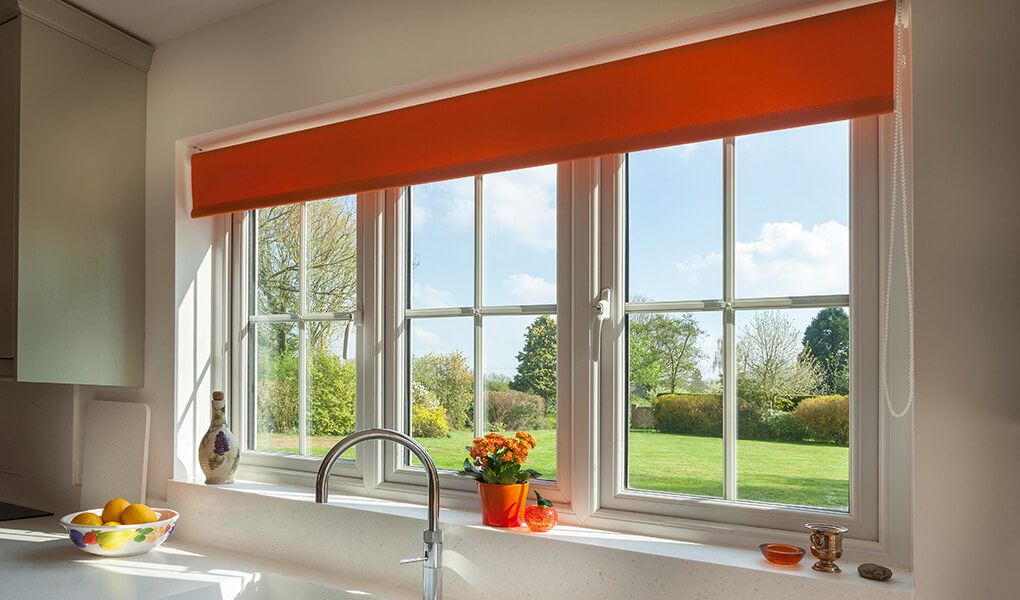
Doors built to current standards
Our door collection combines style with the thermal performance demanded by building regulations. We offer solutions across uPVC, aluminium and composite materials.
Our door styles include:
- Composite doors: outstanding insulation and security, ideal for entrances
- uPVC entrance doors: cost-effective options with excellent thermal performance
- Aluminium entrance doors: contemporary designs with superior strength
- Bifold doors: light-flooding solutions perfect for connecting spaces
- French doors: classic elegance with modern energy efficiency
- Patio doors: smooth operation with thermally broken frames
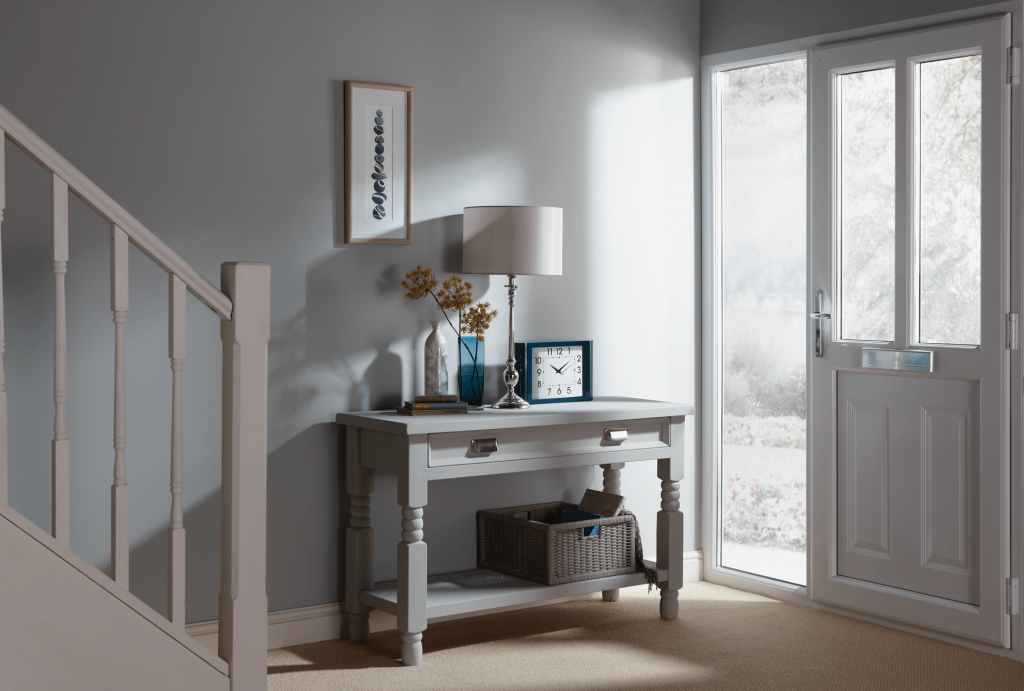
Frequently asked questions
Do I need building regulations approval for replacement windows?
Replacement windows must comply with Part L energy performance standards but typically don’t require full building control approval when installed by a FENSA-registered company like Premier Windows, who self-certify compliance and provide necessary documentation.
What happens if I don’t comply with building regulations?
Non-compliance can result in enforcement action from your local authority building control department. It may also cause complications when selling your property, as solicitors request completion certificates.
How long does building regulations approval take?
The local building control department typically requires 48 hours’ notice for inspections, with full approval taking several weeks depending on project complexity.
Who are Premier Windows?
With over 30 years of experience serving homeowners across Aylesbury and Buckinghamshire, we’ve built our reputation on quality installations and genuine customer care. We’re proud of our accreditations, including DGCOS and Which? Trusted Trader status, demonstrating our commitment to excellence. We’re FENSA-registered, ensuring every installation complies with building regulations whilst providing necessary certification.
Every installation comes with a 10-year insurance-backed guarantee.
Our comprehensive range covers windows in multiple styles and materials, doors from composite to aluminium bifolds, and extensions including orangeries and conservatory roofs.
Visit our showroom just off the A41 in Aylesbury, open Monday to Friday 9am-5pm and Saturday 10am-1pm. We serve Aylesbury, Wendover, Buckingham, Thame, Amersham, Chesham, Berkhamsted, Tring and surrounding areas.
Get in touch today on 01296 422 842 or email enquiries@premwindowsanddoors.co.uk for expert guidance on meeting building regulations whilst transforming your home. Request your free, no-obligation quote and discover why thousands of homeowners across Buckinghamshire trust us with their projects.
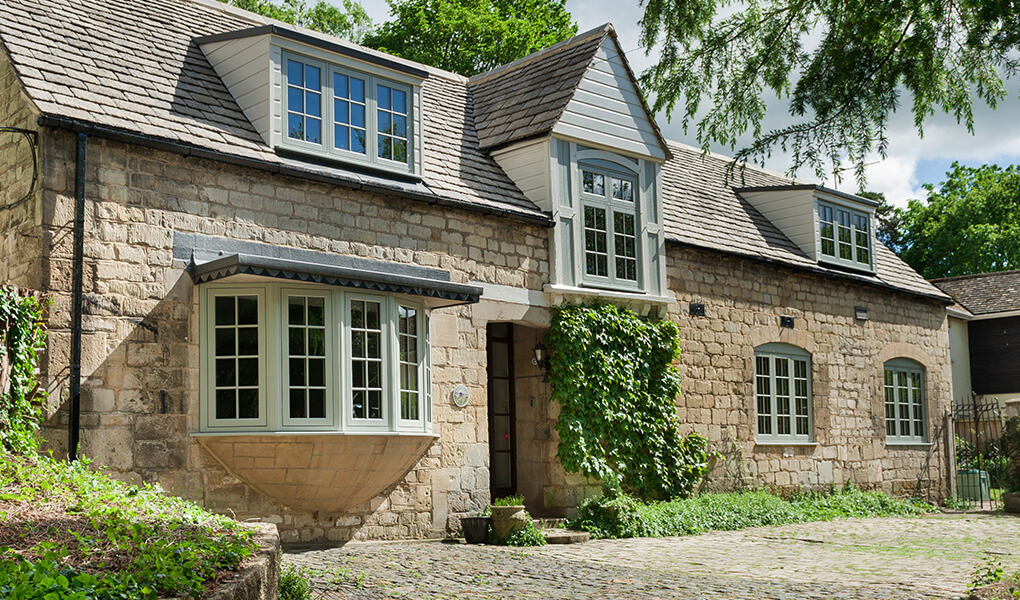
Get a free quote
If you're interested in any of products then get in touch with us to get your free quote today.
Book an appointment
If you would like to discuss our incredible range of products, then book an appointment today.

